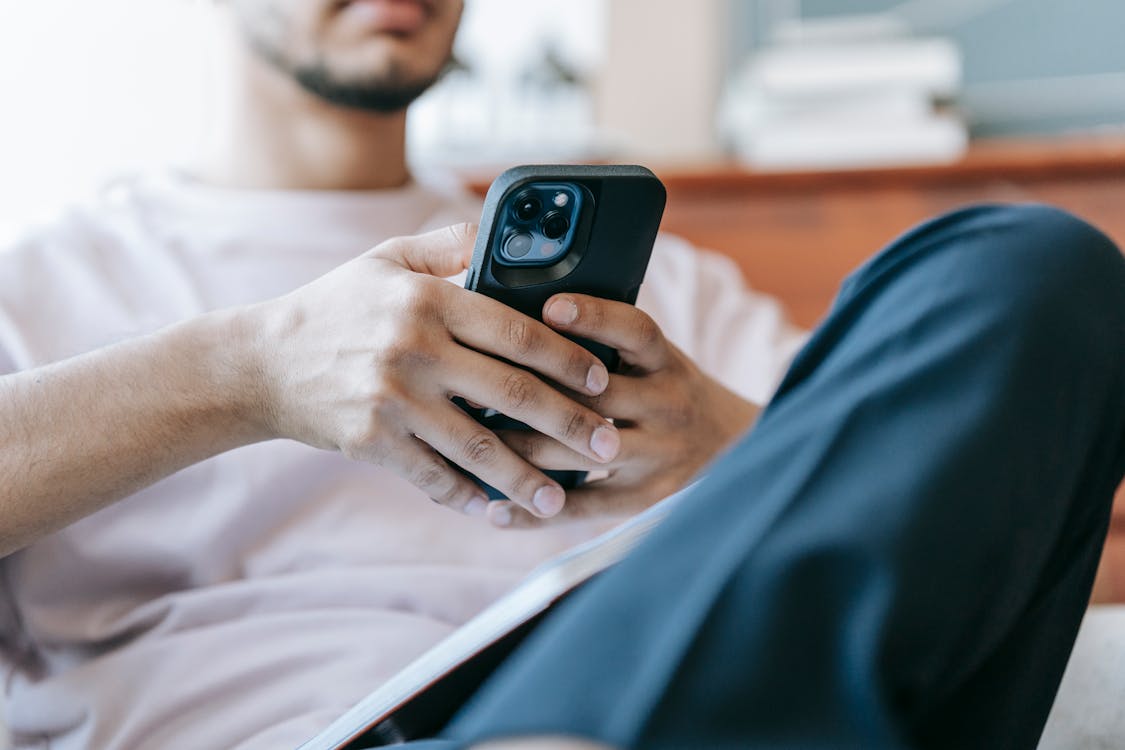Social media has become a staple of our daily lives. It’s so much more than just another social media site; it’s an important part of our everyday lives. That being said, the impact that social media has on mental health is still largely unknown. Much research has been conducted on the impact that social media has on people with mental illness, but very little is known about how it can affect us as individuals and a community as a whole. A recent study found that 42% of Facebook users reported at least one negative experience with friends while only 25% of people who used other sites reported any negative experiences with friends. Read on to learn more about how social media impacts mental health and how you can help support your community on this platform.
What is Social Media?

Social media is the total collection of social media platforms used by people of all ages and lifestyles. It is the critical mass of digital communication technology that allows people to share and interact with each other instantaneously, without the need for any third-party traffic or platforms. Social media platforms typically provide users with the ability to create and share content, as well as the ability to interact with others via the platforms’ platforms. There are many different types of social media platforms available, but the most common type is social media websites. These are individual accounts that users can create and share content with. Although these platforms are not mega-magnets, they are still significant parts of our daily lives.
How Social Media Impacts Mental Health
Many people assume that social media has only positive or negative impacts for individuals with mental illness, but this is not the case. Instead, the type of experiences that people have with social media tend to vary depending on the individual’s mental health state. What this means is that it’s important to know what type of impact social media has on your self-worth, health, and well-being. This is where the power of the platform comes into play. Social media platforms allow users to create and share content, as well as the ability to interact with others via the platforms’ platforms. A core value that each of us as individuals needs to maintain is self-esteem. Many people with mental illness are depressed orizd, or low self-esteem. Facebook groups for people with depression or anxiety disorders can offer relief from this by providing a safe place to talk about the feelings you have and the feelings others have for you.


